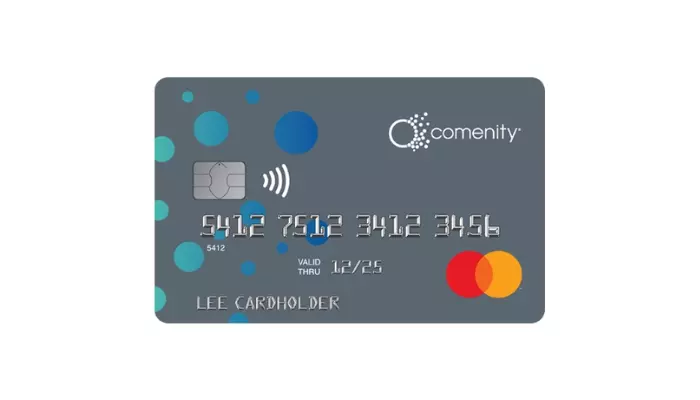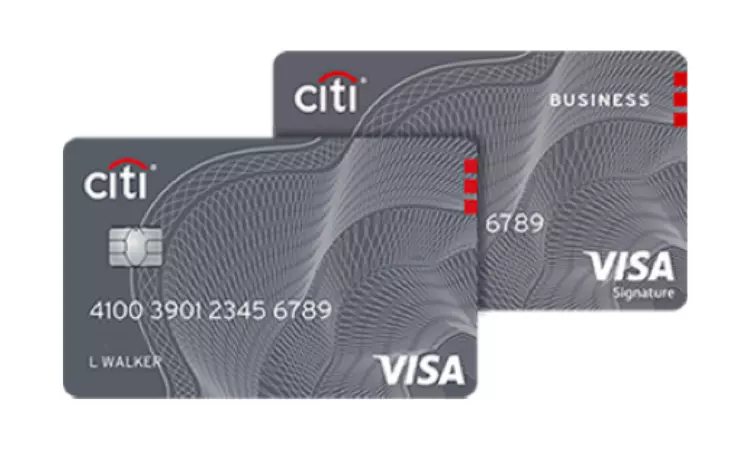The Federal Reserve monitors the average interest rates U.S. consumers pay on a variety of different financial products, including credit cards. In 2021, the average interest rate on credit cards for interest-bearing accounts in the United States is 16.45%.
Of course, the annual interest rate (APR) you pay with your credit card may not match the national average. Credit card APRs can vary widely based on many factors, from your credit score to your debt-to-income ratio and more.
Average credit card interest rates by credit rating
A higher credit score can help you qualify for lower rates on credit cards, loans, and other types of financing. So, good credit can save you money.
On the other hand, a poor credit score indicates a higher risk to the credit card company. This status tends to result in a higher APR for you as a cardholder. It’s not uncommon for credit cards to pay 25% to 30% APR.
The exact interest rate on a credit card can vary from company to company, as well as from individual cardholders. The type of credit card you open can also affect your APR, as premium credit cards typically have higher interest rates than other types of credit card products.
How your credit card interest rate affects you
When it comes to interest rates, it’s best to make sure they are as low as possible. On paper, the difference between a 15% APR and a 20% APR doesn’t seem that big. However, lower interest rates have the potential to save you thousands of dollars if you revolve balances on your credit card account. Below is an example.
As you can see above, your credit card interest rate also affects how long it will take you to pay off your credit card debt. A lower APR can eliminate debt faster and easier.
Of course, the best way to manage your credit card is to pay off your balance in full each month. If you can get into this habit and avoid credit card debt in the first place, the APR on your account shouldn’t affect your budget. In fact, if you pay off your full bill balance each month, you can avoid paying credit card interest altogether.
How to Lower Your Credit Card’s Interest Rate
If you’re struggling to pay off credit card debt, securing lower interest rates can help you save money and get out of debt faster. Here are some strategies you can try to reduce your credit card APR.
- Balance transfers: You can sign up for a new credit card to take advantage of low interest rates or 0% APR balance transfers. Low introductory rates on bank transfer credit cards don’t last forever (usually 12 to 18 months). However, if you can afford to aggressively repay the debt when the introductory APR is in place, you may be able to pay off most of your credit card debt, or possibly in full.
A balance transfer calculator can help you factor in balance transfer fees, referral fees, and more to calculate your potential savings. It’s also wise to compare funds transfer offers across multiple credit cards to ensure you find the best deal for your situation. Remember, you usually need good credit to qualify. - Consolidation Loans: Another way to lower interest rates on existing credit card debt is to pay it off with a debt consolidation loan. Depending on your credit rating, debt-to-income ratio (DTI) and other factors, you may be able to get a new personal loan at a lower interest rate than you pay on your credit card account.
Low-interest debt consolidation loans can save you money and upgrade the debt elimination process. Also, by consolidating your revolving credit card debt with an installment loan, you can reduce your credit card burden while potentially improving your credit score. - Ask your credit card issuer: Your credit card’s APR isn’t set in stone. You can ask your credit card issuer if they are willing to lower your credit card interest rate, and in some cases you may be successful.
Let your card issuer know if you see a lower-interest credit card offer you’re considering. A timely payment history and good credit in your account may also work in your favor at the time of your request.
Quick Tips to Improve Your Credit Score
Whether you want to secure a low interest rate on a new credit card account or lower the APR on an existing account, good credit can give you an edge. Good credit can improve your chances of qualifying for a new account and getting the best rates and terms a credit card company has to offer.
In fact, it can take time to go from bad or even fair credit to good credit. But there are steps you can take to help you see improvements in your credit score sooner.
- Check your credit report. Knowing where you stand is a crucial step when trying to improve your credit score. The good news is that checking your three credit reports from the major credit bureaus (Equifax, TransUnion, and Experian) is easy and free. Visit AnnualCreditReport.com to receive a free credit report every 12 months from any institution. During the pandemic, you can access your credit report for free from the same website every week.
- Write down any disparaging credit information. Once you get the reports, browse them from top to bottom. Write down any negative information you find that could hurt your credit score. There may be little you can do about these issues until they finally disappear from your credit report. But you can point out that you won’t repeat the same mistakes.
- Disputed credit error. When you review your credit report, you should also list any credit report errors or signs of fraud you find. The Fair Credit Reporting Act (FCRA) allows you to dispute any inaccurate information that appears on your credit report with the appropriate credit reporting agency.
- Pay off your credit card balance. Reducing your credit card balance and credit utilization through expansion can be one of the most viable ways to improve your credit score. Credit utilization is an important factor in your creditworthiness, largely accounting for 30% of your FICO score. If your credit utilization is low, you have low credit risk.
- Show positive payment history. How you repay your loan obligations on time or late is the most important factor in determining your FICO score. If you avoid late payments, you can set yourself up for success when it comes to your credit score. But even the occasional credit report default can be a major setback.
- Consider opening a new account. If you have a thin credit file or need to build credit for the first time, opening a new credit account may benefit you. Without a credit history, it may be difficult to qualify for certain loans or credit cards. Some options, like something like a secured credit card or a home loan, may work well for you as long as you always pay on time. You might also consider asking a loved one to add you as an authorized user to an existing credit card account.
Долен ред
Improving your credit rating can make it easier for you to get attractive credit card interest rates. But if you need to improve your credit score to get the best deal, don’t be discouraged. As long as you pay your bill balance in full each month, you can enjoy the many benefits of a credit card without paying any interest charges—regardless of the current APR on your credit card account.
ВИЖТЕ СЪЩО!
- Преглед на черна карта American Express Centurion
- Кредитна карта X1 – Вижте как да кандидатствате.
- Кредитна карта Destiny – Как да поръчам онлайн.
- Преглед на карта Delta Skymiles® Reserve American Express – Вижте повече.
- American Express се фокусира върху изживяването на клиентите с нова разплащателна сметка и преработено приложение


